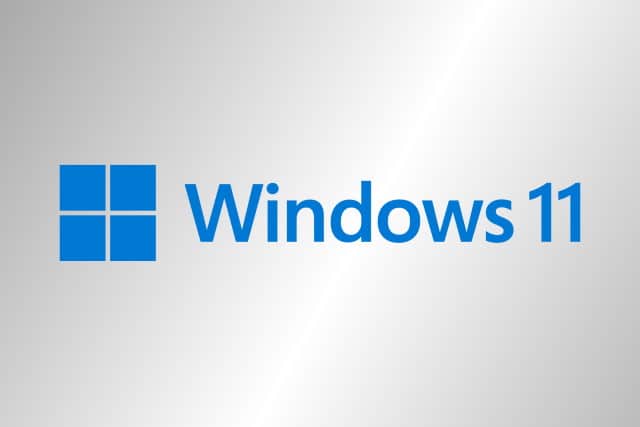
Intel document backs up Windows 11 October release date rumors
It is far from uncommon for software companies to be a little vague when it comes to releases dates. By keeping their cards close to their chest, any delays in launches can be overlooked on the basis that if no release date has been announced, it can't be missed.
And so with Windows 11. When Microsoft announced the upcoming operating system we were simply told that it would be ready in time for the holiday season. However, there have been hints, rumors and suggestions that Windows 11 will launch in October, and this has been further hinted at by documentation from Intel.
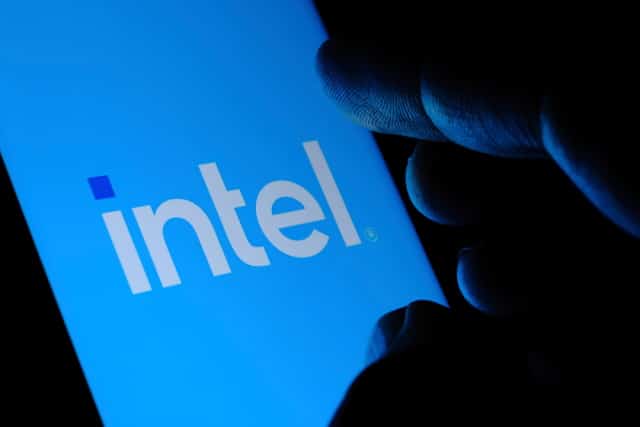
Intel releases updated graphics driver with Windows 11 support
With the official release of Windows 11 edging ever closer, it's not just consumers that are readying themselves for the new operating system; hardware manufacturers and software are working hard to ensure Windows 11 compatibility.
To this end, Intel has just released a new graphics driver that adds support for Windows 11. The updated driver also includes support for AutoHDR feature of Windows 11 on 10th generation Intel Core processors with Iris Plus Graphics or higher.
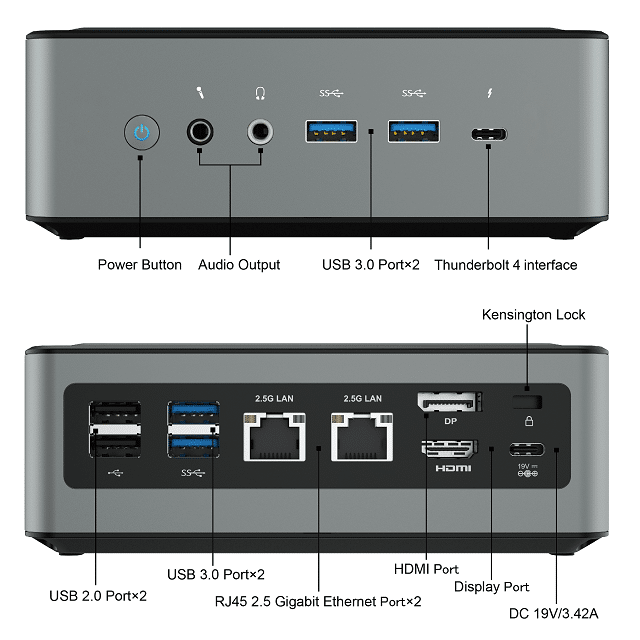
MINISFORUM EliteMini TL50 has Thunderbolt 4 and is powered by an Intel Core i5-1135G7
When I first encountered computers in the 1990s, they were all large grey boxes that took up enormous amounts of space. In fact, when you added in a large CRT monitor and printer, many families had to dedicate an entire room in their home to the PC. Seriously, folks, a "computer room" was actually a thing.
Nowadays, thanks to inexpensive laptops and tablets, many families no longer need dedicated rooms for a PC -- a kitchen table can be sufficient. Even if you prefer a desktop, they no longer have to be monstrous either. There are many small desktops on the market these days, including the excellent Apple Mac mini.

The 'I'm a Mac' guy is back and shilling for…Intel?
It’s true. B-list American actor Justin Long is currently being featured in a series of TV spots pitching Intel-based PCs over those from Apple. And just as he did back in the noughties, Long is playing his "oh, shucks, I guess I can’t do that" schtick to perfection, only this time he’s stymied by the Mac’s lack of functionality (like convertible hinges or a touchscreen).
The spots are mildly amusing. However, they ultimately miss the point about what makes Apple products desirable -- namely, the perception of luxury. Apple products long ago transitioned to become "aspirational" goods. A person toting a MacBook Pro or Air is now seen as a making more of a fashion statement than an actual technology choice. Whether or not these people use their devices to get any work done is almost irrelevant. They want to be seen with that sleek, silver Apple device tucked under their arm or poking out of their overpriced handbag.

Businesses more likely to buy from companies offering ongoing security
Technology providers that are transparent and proactive in helping organizations manage their cybersecurity risk are more likely to win business according to a new study from Intel.
The results show 73 percent of respondents say their organization is more likely to purchase technologies and services from technology providers that are proactive about finding, mitigating and communicating security vulnerabilities, while 48 percent say their technology providers don’t offer this capability.

Intel wireless and Bluetooth driver updates fix blue screens and connection problems in Windows 10
There have long been problems with Intel drivers for Wi-Fi and Bluetooth, with users experiencing blue screens (BSODs) in Windows 10 as well as unstable connections.
Now Intel has released a pair of driver updates that should address the issues once and for all. The company has new update for the Intel PROSet/Wireless software as well as the Intel Wireless Bluetooth software. In addition to fixing stability problems, these are also security updates, so users of affected Intel hardware are being encouraged to get the updates installed as soon as possible.
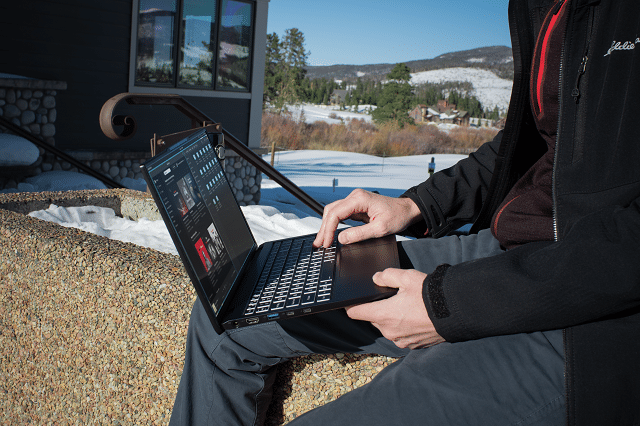
System76 Darter Pro Linux laptop returns with 11th Gen Intel Core processors
We are well into 2021 now, so we can finally stop thinking about the dumpster fire that was 2020. Instead, we can focus on more important things, such as Linux! Yes, folks, Linux is still going full steam ahead -- look out, Microsoft! And yes, companies such as System76 are still selling computers running operating systems based on the open source kernel.
Speaking of that company, today, System76's popular Darter Pro makes a return to its Linux laptop lineup. This new model of the 15.6-inch notebook is notable for having cutting-edge 11th Gen Intel Core processors with Iris Xe graphics. Of course, that is hardly the only exciting thing here -- it also features speedy PCIe 4.0 NVMe storage, Thunderbolt 4, and Wi-Fi 6. Not to mention, it uses System76's Open Firmware with coreboot.
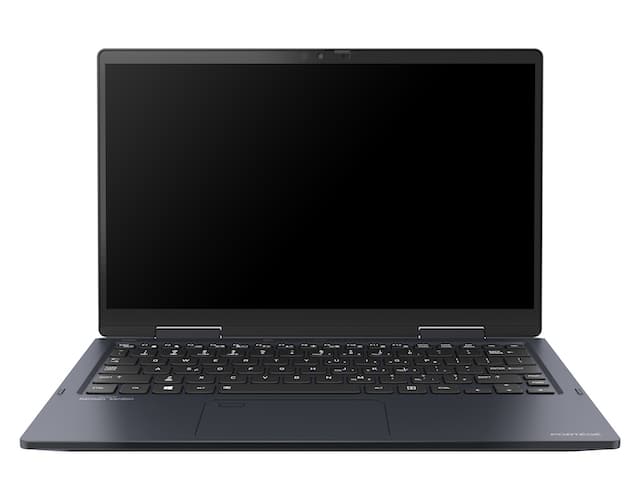
Dynabook laptops get 11th generation (Tiger Lake) Intel Core processor updates
Dynabook laptops are great computers, but they don't get the attention they deserve. In-the-know consumers are aware that Dynabook (formerly Toshiba) computers are consistently excellent, but the brand isn't really a household name in the USA -- yet. This should change eventually, as Dynabook continues to put out impressive laptops.
In fact, at CES 2021, Dynabook made quite the big announcement regarding some of its laptops. You see, several of them are getting updated with brand new 11th gen (Tiger Lake) Intel Core processor options. This includes the Portégé X30W-J, Portégé X30L-J, Portégé X40-J, and the Tecra A30-J. These are all premium business-class laptops, but they can, of course, be used by anyone.
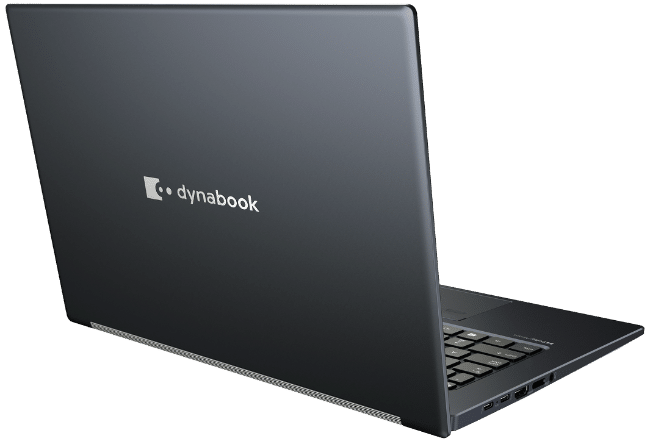
Dynabook Portégé X40-J Windows 10 laptop is powered by Intel Tiger Lake
Dynabook may not be a very popular name in the USA, but make no mistake, it is by no means a new manufacturer. Please know that Dynabook has essentially taken over Toshiba's USA laptop business, but the quality and reliability remains. If you are in the market for a premium Windows 10 laptop for home or business, Dynabook is a brand that should be on your list along with companies like Dell or HP.
Today, Dynabook unveils the Portégé X40-J -- a laptop that is powered by Intel Tiger Lake (11th generation Core) processors. It is available with a Core i3-1115G4, i5-1135G7, or i7-1165G7. It can be configured with up to 32GB RAM and up to a 1TB NVMe SSD.
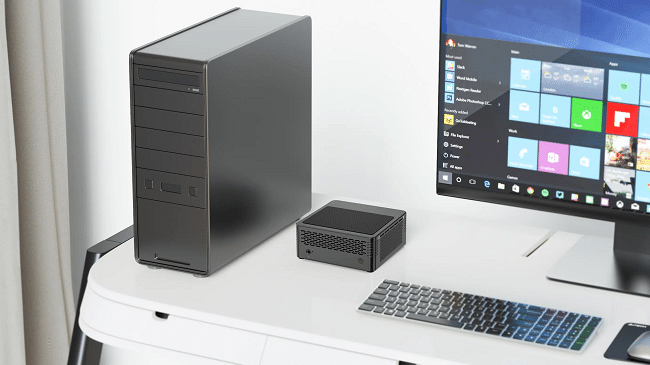
Minisforum EliteMini H31G Windows 10 and Linux PC impressions
For whatever reason, I absolutely adore diminutive desktop computers. From the Apple Mac mini to the Intel NUC series, I am always fascinated by how much power can be crammed into a small form factor. Quite frankly, it is fun to have a tiny PC next to a big monitor and have friends and family marvel at the cuteness.
So when a new mini computer from Minisforum caught my eye, I knew I had to give it a go. Called "EliteMini H31G," it is a bit bigger than a traditional Intel NUC, but that is OK, as it is packing something special -- discreet NVIDIA graphics partnered with a 9th generation Intel Core processor. In other words, this little beast can handle gaming and video editing.

Linux systems at risk of worrying BleedingTooth Bluetooth vulnerability
Linux-based operating systems are generally considered to be more secure than the likes of Windows, but that does not mean they are completely without security issues. Google security researcher have issued a warning about a series of "zero-click" vulnerabilities in the Linux Bluetooth stack.
Dubbed BleedingTooth, the collection of security flaw could allow for remote code execution attacks. The issue affects Linux kernel 4.8 and higher, and can be found in the open-source BlueZ protocol stack. It has been assigned CVE-2020-12351 and a CVSS score of 8.3.
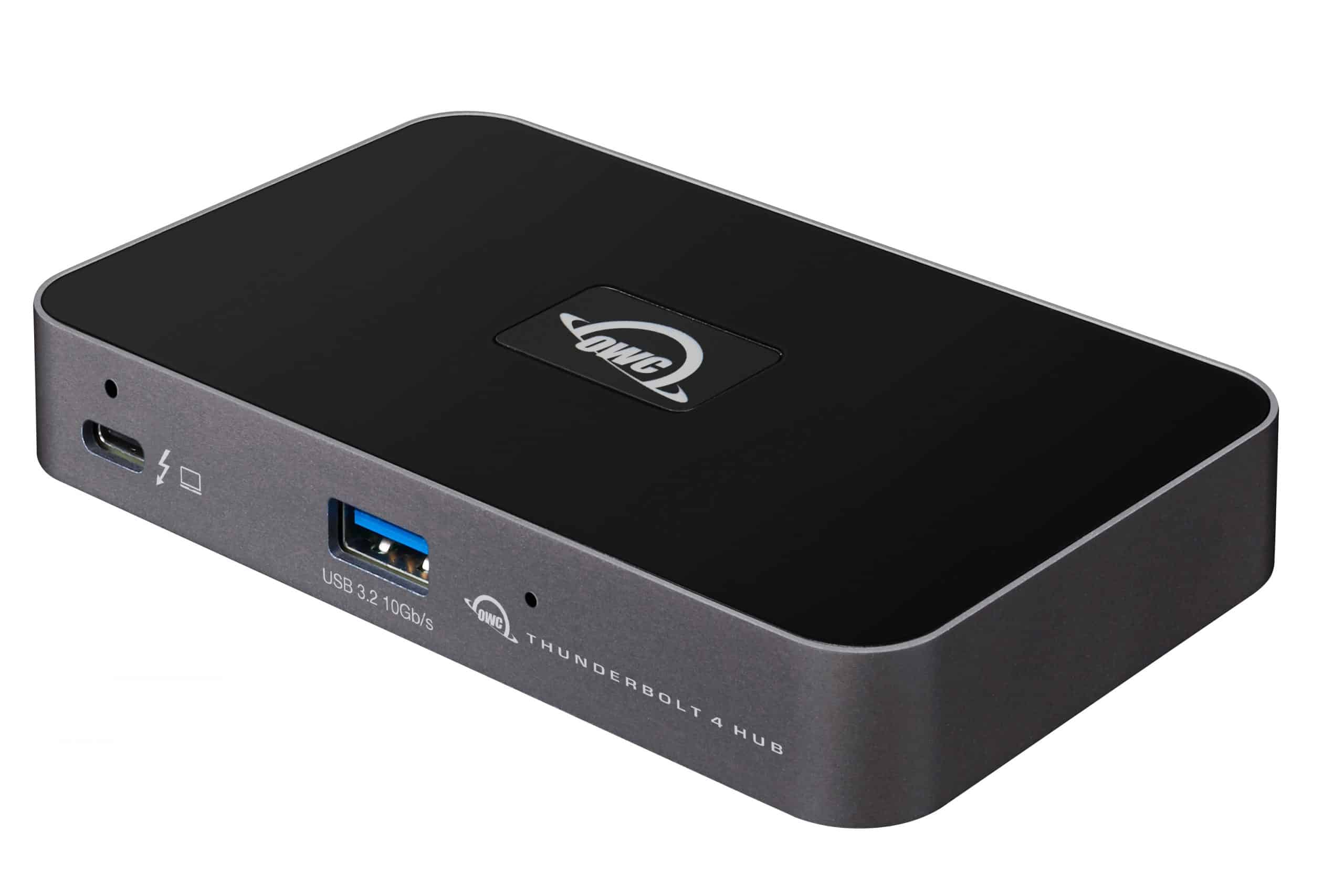
OWC launches Thunderbolt 4 Hub
Well, folks, the Thunderbolt 4 revolution is just about here. Some computers with Intel's 11th-generation Core processors (Tiger Lake) will offer TB4 ports, and eventually, devices that can actually take advantage of the standard will be hitting the market. For the immediate future, however, Thunderbolt 3 will still reign supreme. Thankfully, TB4 is backwards compatible with TB3 (and uses the same USB-C connector), so your existing gear should continue to work fine.
If you are chomping at the bit to see some actual Thunderbolt 4 devices, I have some great news. Today, the typically Apple-focused company, OWC, unveils the Thunderbolt 4 Hub for Windows 10 devices. Essentially, it turns one TB4 port into three (no daisy-chaining needed), while also offering a USB-A port (3.2 gen 2) for good measure.

Microsoft releases KB4497165 and KB4558130 microcode updates for Windows 10 to fix Intel security flaws
Earlier in the year, Intel announced that it had completed software validations on fixes for a series of security flaws affecting many of its processors discovered a couple of years ago. Now Microsoft, in conjunction with the chip-maker, released microcode updates for Windows 10 to fix these issues.
The four problems are connected to the now-infamous Spectre and Meltdown flaws from 2018. They relate to problems with the speculative execution function of many chips, and could allow for sensitive data to leak.

Dynabook Portégé X30W-J and X30L-J are lightweight Intel Tiger Lake laptops
AMD has owned 2020 with its excellent Ryzen mobile processors, but you didn't expect Intel to remain quiet, did you? With its new 11th gen Core processors (also known as Tiger Lake), Intel is looking to battle back quite strongly -- especially with the new Iris Xe graphics.
Today, Dynabook announces two new durable (MIL-STD-810G) Portégé laptops that are powered by these new Intel chips. Called "X30W-J" and "X30L-J," the former is a traditional clam shell, while the latter is a 2-in-1. Both lightweight laptops have 13.3-inch screens and can be configured with either a Core i5-1135G7 or i7-11-65G7 processor. The X30W-J can be had with up to 48GB RAM (wow), while the X30L-J is limited to 32GB. They both have high-end features like Thunderbolt 4 and Wi-Fi 6 (802.11ax) too.

Apple updates 27-inch iMac, but it uses old-school x86_64 Intel processors -- not ARM
The future of computing is ARM, not x86. Apple is once again a trailblazer, as it is eventually transitioning all of its Mac computers to its own ARM-based "Apple Silicon," ditching Intel entirely. True, Microsoft is also using ARM a bit with Windows, but that company's indecisive behaviors and previous failure with Windows RT has left consumers a bit nervous. Apple was correct to just pull off the band-aid and dive right into the ARM waters.
Well, mostly. Apple has a two-year plan to move Mac to ARM entirely, but in the interim, it will still sell Intel-based machines. In fact, today, Apple updates its popular 27-inch iMac, but it still uses old-school x86_64 Intel processors and not the new Apple Silicon. With that said, the 27-inch iMac can now be configured with a 10-core processor for the first time, and solid state drives are now standard -- you can even opt for an 8TB SSD. The webcam has been bumped up to 1080p, which is great for those working from home. It even gets the T2 Security Chip and improved speakers.
